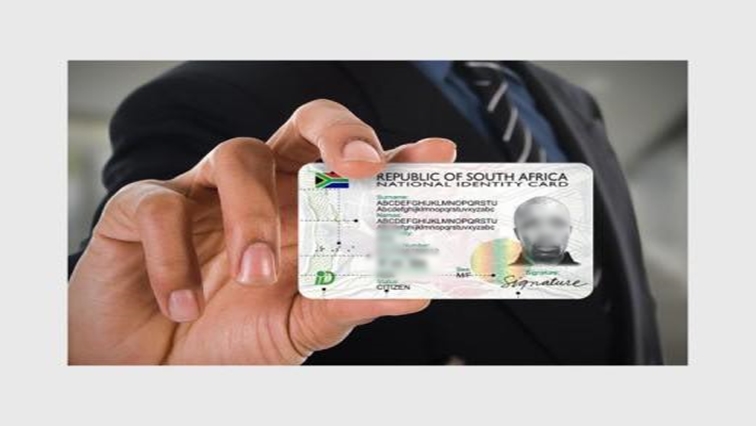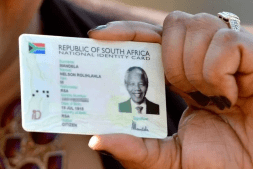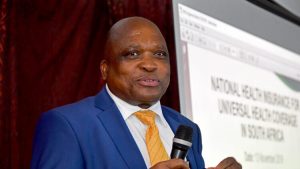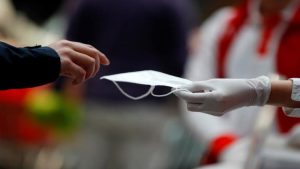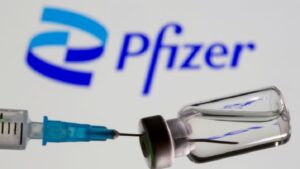This is the situation Andisiwe Juwel from Masiphumele in Cape Town is in. And she is not alone. After struggling for a long time to obtain a birth certificate, Juwel has now been informed that one has been issued in her name. For the first time at the age of 29, she now has her South African identity number. But this does not mean she can now just go and apply for an ID. Western Cape Home Affairs spokesperson Sam Plaatjies explains.
“Ms Juwel’s late registration application was subsequently finalised and an ID number was generated by the department’s head office. The only outstanding matter at this point remains for the client to apply for the smart ID card. In conclusion, Ms Juwel can visit any office of the Department of Home Affairs with the informant.”
It takes a whole night to travel by taxi between eNgcobo in the Eastern Cape, where Andisiwe was born, and Cape Town where she now lives. A return trip costs R1200. This means her dream to obtain an ID so that she can get vaccinated, register to vote, register her two children for social grants, and the myriad of other services is still suspended. She first has to raise the money to bring her elder sister from eNgcobo to Cape Town to once again vouch for Juwel that she is who she says she is and this is a source of frustration.”
“I’m not happy at all about this thing of not getting an ID and all that stuff. Because I can’t do anything now. I’m not working. I have children and they are not getting social grants.”
Tshegofatso Mothapo is a legal researcher at Lawyers for Human Rights. This organisation has taken up cases on behalf of scores of undocumented people. While there may be a perception that undocumented persons are generally foreign nationals, Motshapo says it is a big issue for South African citizens.”
“In the case of Centre for Child Law vs Minister of Basic Education the court heard that there were 900 000 children who aren’t registered in South Africa. So this is just telling of how big the problem is and another thing is that 800 000 of the 900 000 are SA children which tells you it doesn’t just affect migrants, it also definitely affects SA children.”
She says the Department of Home Affairs plays a major role in people eventually being discouraged from pursuing the registration of their children.
“Home Affairs will just generally say they have a backlog. The other issue is that they have an interviewing for late birth registrations which doesn’t meet regularly and so, as a result, you have all these people that have applied and are still waiting to hear from DHA or never hear from Home Affairs.”
The Department of Health did not reply to our request for comment on whether there are any plans to vaccinate undocumented individuals in order to increase the chances of achieving herd immunity.
Mandatory vaccines:
The debate on mandatory vaccinations continues. There’s talk on whether one’s vaccination status will prevent or allow access to public spaces and services in the future.
This as some countries across the globe have introduced passports or certificates that are used to gain access to certain services.
Vaccination in South Africa is voluntary, but some private institutes may be able to use one’s status as a pre-requisite.
Will a COVID-19 vaccination be used as a pre-requisite to access public spaces?


